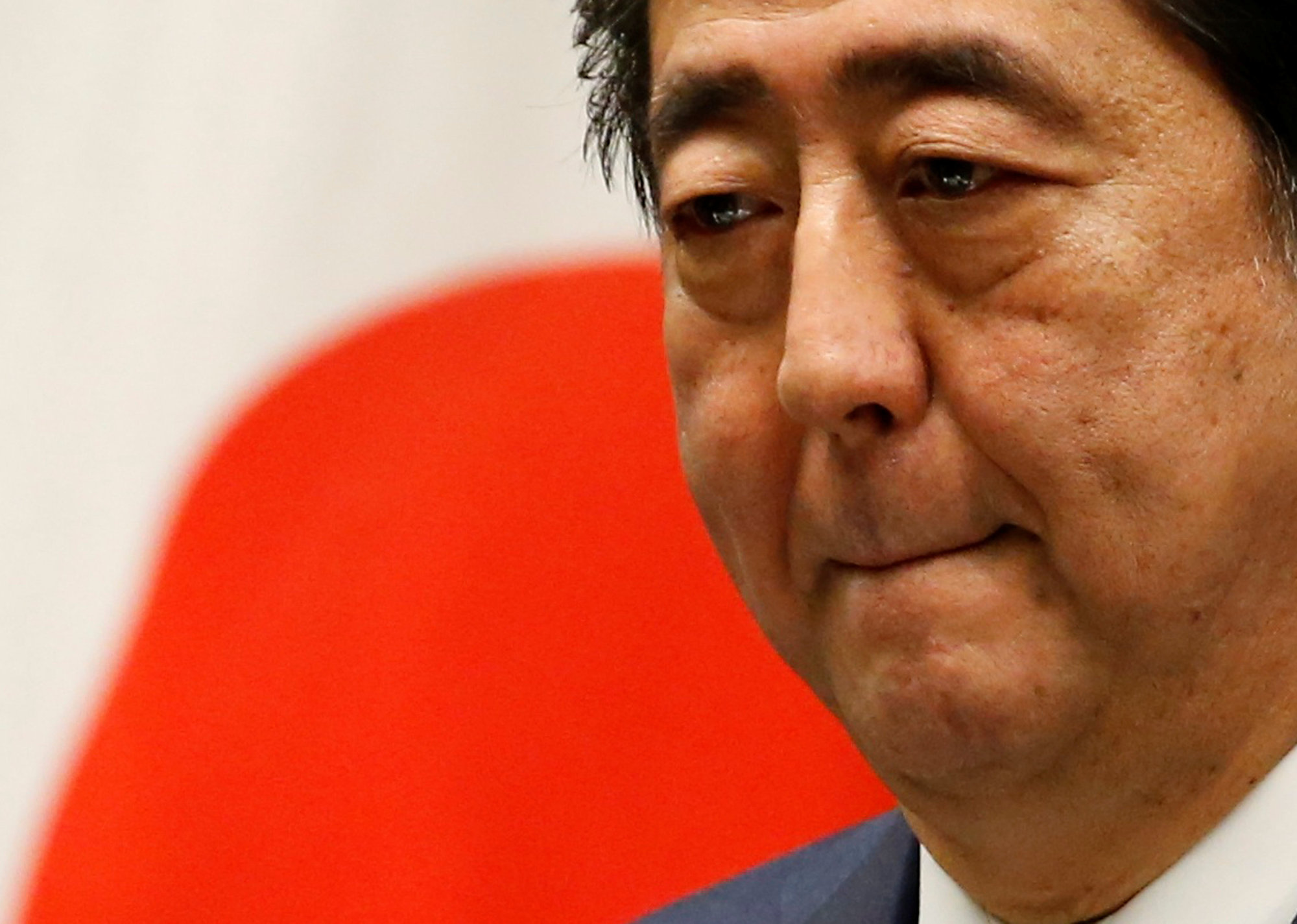The past month has witnessed an increasingly serious phenomenon indicating the collapse of parliamentary politics. During the Diet committee interpellations on the Kake Gakuen scandal, Prime Minister Shinzo Abe refused to answer questions, wasted time on idle talk and jeered at opposition lawmakers asking questions even though he tells the opposition side not to jeer when he's speaking. When opposition lawmakers asked a question, he would mutter that it was stupid. Abe lacks adult common sense.
The suspicions involving Moritomo Gakuen and Kake Gakuen, and the government's response to the allegations over them, indicate that Japan is moving backward from a modern state governed by law to a pre-modern patrimonial state. A patrimonial state is one in which there is no distinction between the private property of those in power and the public assets of the state, and the people in power can utilize state property or their political power for private purposes. Bureaucrats in a patrimonial state are in servitude to those in power. State officials do not perform their jobs on the basis of law. When the master says white is black, they nod their heads in agreement.
The conspiracy crime law enacted in the just-concluded Diet session runs counter to the concept of "no punishment without law," a basic principle under the modern criminal justice system. In that it could allow for discretionary powers of the police to suppress civil liberties, the law also contributes to the return to a patrimonial state.



